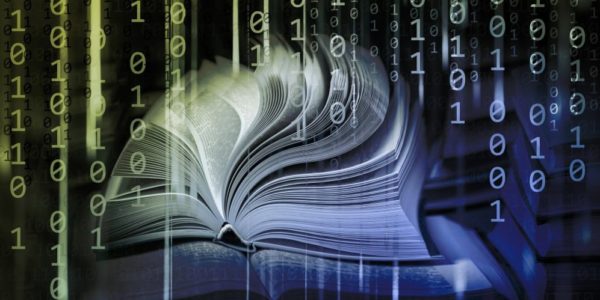Wikipedia is facing mounting attacks. In the past year, criticism of Wikipedia has sharply increased from various sources — including government officials, legislators and influential public figures — challenging its neutrality and credibility. There have been calls to treat partisan sources as equivalent to established journalism and give “equal space” to fringe viewpoints on settled matters of science and history.
In some countries where the government has control over most media, the attacks go beyond criticism: editors face punishment for sharing factual information, and some governments block or exclude Wikipedia from policy discussions.
The Reality of Our Commitment
Critics fundamentally misunderstand what neutrality and transparency mean in the context of the encyclopaedia.
Wikipedia’s neutrality is about representing topics proportionally to how they appear in reliable sources, not giving every opinion equal weight. This distinction matters. When Wikipedia editors document climate change, for example, they don’t present “both sides” as equally valid because the overwhelming scientific consensus represents one reality. This isn’t bias—it’s a reflection of available, credible knowledge on the topic.
The criticism of Wikipedia’s transparency is similarly misguided. On the platform, every edit is documented. Every discussion is public. Every source is cited. Anyone can see exactly how consensus is reached and challenge it through the same transparent process.
A Cornerstone of Democracy
That’s why, despite these attacks, we are not afraid. We know what we stand for. Wikipedia is more than a website—it’s a digital public good that serves democracy, the economy, and society at large. Like public libraries, parks, and archives, Wikipedia provides essential infrastructure that benefits everyone.
The fact is, available information doesn’t just form personal opinions, it shapes everything from policy decisions to economic development. It’s essential to treat access to reliable, verifiable information as a human right, rather than a nice-to-have. When free knowledge is seen as a common good, our whole society benefits through increased knowledge, stronger institutions, and more transparent governance.
Standing Strong
Put simply, Wikipedia is being targeted because knowledge is power.
For 25 years, Wikipedia has operated on one guiding belief: knowledge belongs to everyone, everywhere. We will not back down from this belief.
We will continue to support the volunteer community that makes Wikipedia possible. We will continue to enable the editors who work tirelessly to ensure accuracy through transparent collaboration and meticulous verifiability. We will stand strong for platforms where facts are verified, diverse perspectives are encouraged, and access remains free for everyone.
Because this is work that matters. Access to information is a fundamental human right and a public good— and it’s worth protecting.
Join Us
If you believe knowledge should be free, accessible, and verifiable, we invite you to stand with us.
As a non-profit organisation, Wikimedia CH relies on people who share our commitment to free knowledge. Your support—whether through donation, membership, or volunteering—sends a powerful message: transparent, reliable information matters and is worth defending.
Together, we can ensure that access to unbiased, verifiable knowledge remains what it should be—a right, not a privilege.
Wikimedia CH is the Swiss chapter of the global Wikimedia Movement. Our mission is to collect, curate, and disseminate free knowledge in Switzerland and beyond. Learn more about membership and volunteer opportunities at wikimedia.ch.
Picture: iStock.com / Viorika


